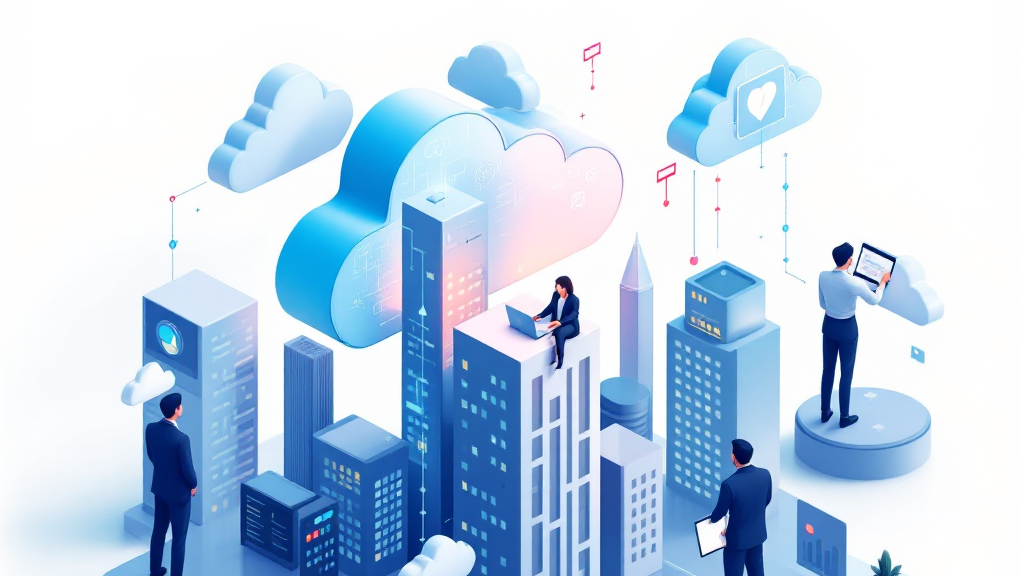The concept of cloud in IT has been around for a long time. The definition is a bit vague and represents everything in IT that is executed somewhere around the globe. We access the service via Internet from a computer, a smartphone, a smart TV or any other smart devices.
There are well known cloud solution providers such as Amazon Web Services, Microsoft Azure, Google Cloud, Alibaba Cloud and Oracle Cloud. Their services are usually very advanced with every growing new features. The trend now is providing the best artificial intelligence platform for their customers.
Those giants have their own controversies and limitations. They are located in countries that have strong patriotic laws allowing their government to access data stored in their facilities around the globe. These practices are not transparent and can lead to complex situation for companies needing to implement strong privacy policies.
This article will present you the overview of what happens now in the cloud and the trends that are emerging.
The state of the coud

Today, the major cloud providers are fighting very hard to get new market share and acquire new customers. They provide advanced features, well integrated that smaller providers cannot reproduce.
However, some customers raise concerns about the cost, the data protection and the dependency.
Cost
The cost of running all the infrastructure in the cloud might be very expensive, it’s tempting to apply all the best practices and deploy an advanced group of services that consume permanently some paid resources.
Data protection
Data protection can be split into two categories: the security and the privacy.
In the security area, the main providers offer a great level of security and try to apply the best standard in the industries. It does not mean they face no incident. Microsoft went into serious problems in 2023 and 2024 that has led the company to re-prioritize security at the top.
Concerning data privacy, this is where the issue lies. Nobody knows to what extend these providers are required to disclose information to their government. Every customer needs to identify the level of privacy of each type of data before going to the cloud. If a service has to compute very sensitive data, the cloud might not be the best solution.
Dependency
The dependency to a provider could become an issue in the future. Every major cloud providers offer very specific services that don’t exist in the same format in their competitor. If a customer deploys an infrastructure it might be difficult or impossible to deploy it as is to another provider. Of course there are solutions such as Terraform, OpenTofu or Pulumi to tackle this problem but it won’t solve everything for more advanced configuration. Relaying only on Kubernetes could be a solution at the cost of not using most of the great ready to use services.
The cloud for artificial intelligence

Artificial intelligence has become a major trend since the pubic apparition of ChatGPT. Since then, every company around the world is trying to implement solutions around AI, the best they can with the medium results we know.
The challenge is to know if a company will find a very competitive application of an AI that would help them outcome the competitors. Therefore, every company is required to develop some skills around AI to catch up if one jumps ahead.
In the world of cloud computing there are three sectors: deploying apre-trained AI, fine-tuning AI, training from scratch.
Deploying pre-trained AI
A pre-trained AI such as ChatGTP 4, has been trained already by OpenAI with a huge amount of data. The AI is ready to use and can be deploy to answer your questions.
Cloud providers can deploy for you available pre-trained AI so you can speak with them, test them and create you own agents to perform tasks for you company.
Deploying a pre-trained AI is easy to do for a company, it can be done internally.
Fine-tuning AI
If you deploy your own AI service, you will quickly notice that it does not know anything about you or your company outside the public knowledge. It does not know the secret processes of your company.
At some point a company will come to the conclusion that it would be good for the AI to answer the questions with the internal documentation. This is where fine-tuning comes in. After an AI is pre-trained with public data, a company can fine-tune it inside its wall to personalize the answers with its context.
Hybrid cloud

Hybrid cloud allows companies to have one part of their infrastructure in the cloud and another part on premise. The most sensitive data stays within the wall of the company and the regular data travels to the cloud. It is not simple and cost effective to operate a data-center. This is why many companies prefer to go to the cloud. A data-center requires 24/7 surveillance and operation to mitigate outages. Smaller companies cannot afford to hier teams of technicians to shift day and night.
With a hybrid cloud it is possible to reduce the cost by having a smaller team of technicians or perform the sensitive computation only during the day on premise.
More respectful cloud providers
So far, we have covered only the major cloud providers. Other competitors exist and they need to stand out of the crowd to be seen.
Infomaniak is one of them, they offer good privacy policies, affordable prices and fight to reduce their impact on the planet. At SPATIOSOFT we rely mainly on their services.


No responses yet